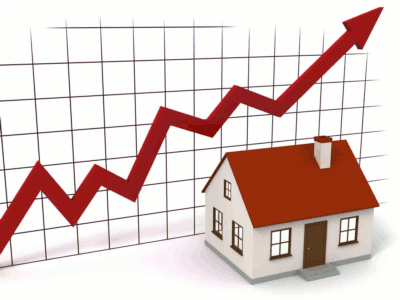
What is a credit score? Why is this three-digit figure important? Does it affect my finances in any way? These are just few of the questions that run through our minds when we first hear about credit score. Here in this article we will address these questions and understand in-depth as to what it really is.
CIBIL score is a three-digit number that reflects your creditworthiness. The score, which is derived on the basis of the credit report, can range anywhere from 300 to 900. The closer the score is to 900, the easier it becomes to avail credit of one’s preference i.e. you can bargain for better terms at lower interest rates. In order to calculate the score, CIBIL will look at an individual’s credit mix, repayment history, credit balance, total time period for which credit has been used and any new credit that has been applied for. Lenders including banks will study your score to learn about where you stand financially. Since your score is the first thing that financial institutions learn about you, make sure it is a good one!
Understanding your CIBIL score
Score from 300 to 599: If your score falls in this range then lenders are likely to consider you as high risk and may reject your application. A score in this range is termed a bad credit score which makes it difficult to avail loans or credit cards. If financial institutions are willing to lend funds then they are more likely to charge high interest rates.
Score from 600 to 749: If your score falls in this range then lenders may take your application into consideration. The interest rates may range from high to moderate. Financial institutions will also take into consideration other aspects such as sources of income, job stability etc.
Score from 750 to 900: If your score falls in this range then availing loans from lenders become easier. A score of 750 and above denotes fair repayment track record. Interest rates charged by financial institutions will be competitive.
What causes a bad score?
Any score below 600 is considered a bad credit score. Individuals holding a bad credit score are seen as high credit risk by lenders. There are a numbers of factors that can result in a bad credit score. Here is a look at a few of them:
- Late payment of debts
- Loan defaults
- Too many credit inquiries by financial institutions
- Closing old credit cards
- Errors in credit records by financial institutions
- Multiple loan applications getting rejected
A bad credit score does not have to haunt you forever. Here are some things you can do to increase CIBIL score.
Ways to boost your credit score
It takes time and a whole lot of patience to increase CIBIL score. Start off by paying all your bills on time. This will show lenders that you take payments seriously and that you have the available resources to pay off debts. Secondly, do not just dispose credit cards that are no longer in use, particularly the old ones. Compare the cards and keep those that have been used to make timely payments. It also helps to check your credit report and score at least three times a year to make sure there aren’t any errors or omissions.
Maintaining the right mix of secured and unsecured loans can help increase CIBIL score. Oftentimes people hold a higher percentage of unsecured loans compared to secured loans. To potential lenders, unsecured loans reflect higher risk. It is advisable to hold 80% in secured loans and 20% in unsecured loans. This is a very useful way to increase CIBIL score. Additionally, keep checking your credit utilization ratio. The lower the credit utilization ratio, higher will be the score. If the ratio moves upward then lenders will consider your profile risky.
If you have been struggling with a bad credit score for a long time, it isn’t over for you just yet! Put into practice the above mentioned points and you will gradually start seeing changes in your CIBIL score. If your credit history has an episode of bankruptcy, then it might take a longer time to increase CIBIL score, possibly a few years. To maintain a healthy credit record, avoid slipups at all cost. Maintaining a healthy record can help avail loans without any trouble.